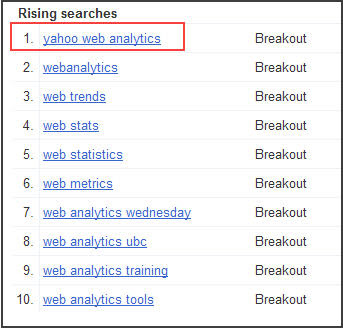Posts
Showing posts from 2008
Yahoo! Assists....Put Money Back Into Your Pockets Now!
- Get link
- X
- Other Apps
Measuring Search And Display For Success...During Tough Economic Times
- Get link
- X
- Other Apps
Yahoo! Web Analytics vs. Yahoo! Search/Campaign Analytics
- Get link
- X
- Other Apps
Tracking Display Ads Is Easy With Yahoo's Full Analytics
- Get link
- X
- Other Apps
'Conversion Only': Simple Campaign Web Analytics
- Get link
- X
- Other Apps
Yahoo! Assists Are Higher Than Conversions! Say What?!?!
- Get link
- X
- Other Apps
Why ComScore Paid Click Reports Aren't Valuable For Advertisers
- Get link
- X
- Other Apps
The Value In Tracking Online Visitor Engagement
- Get link
- X
- Other Apps
Use Yahoo!'s Full Analytics To Track Yahoo!'s Seach Submit Pro Program
- Get link
- X
- Other Apps





